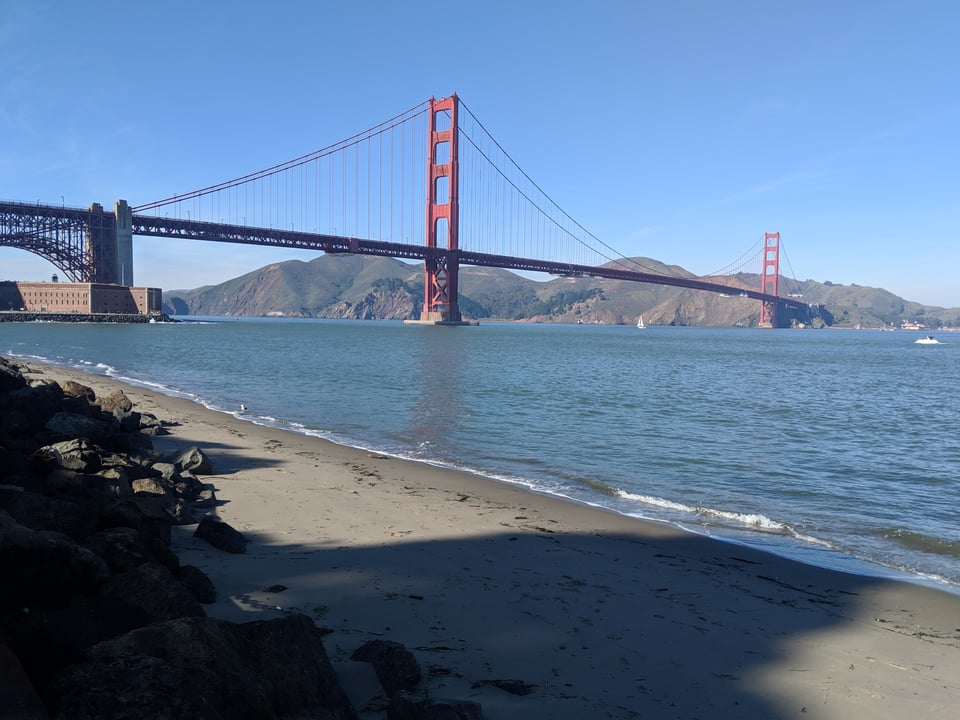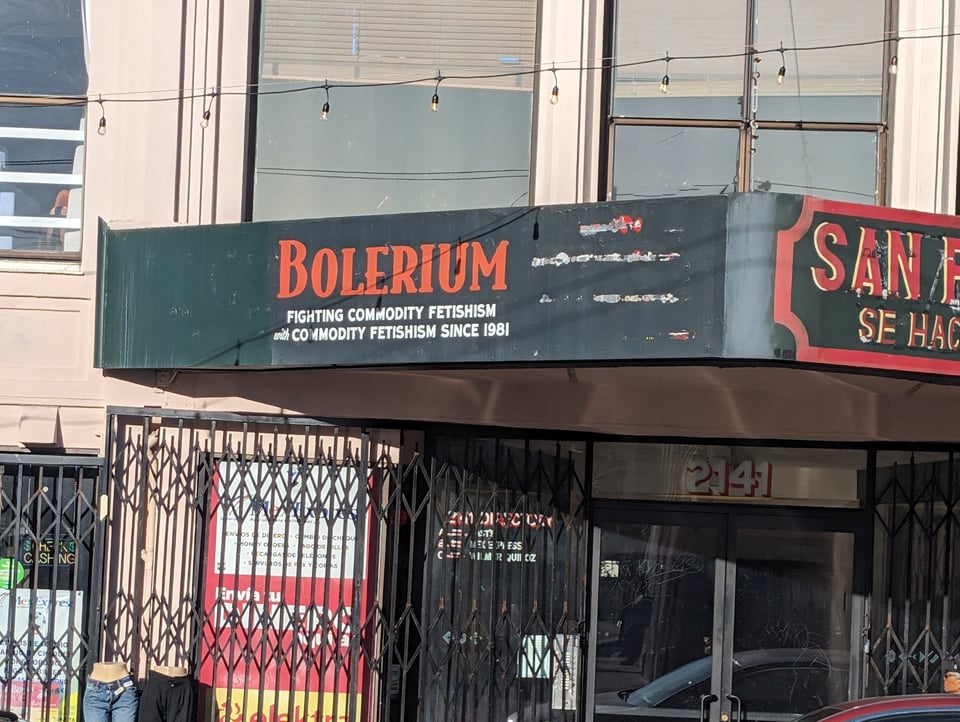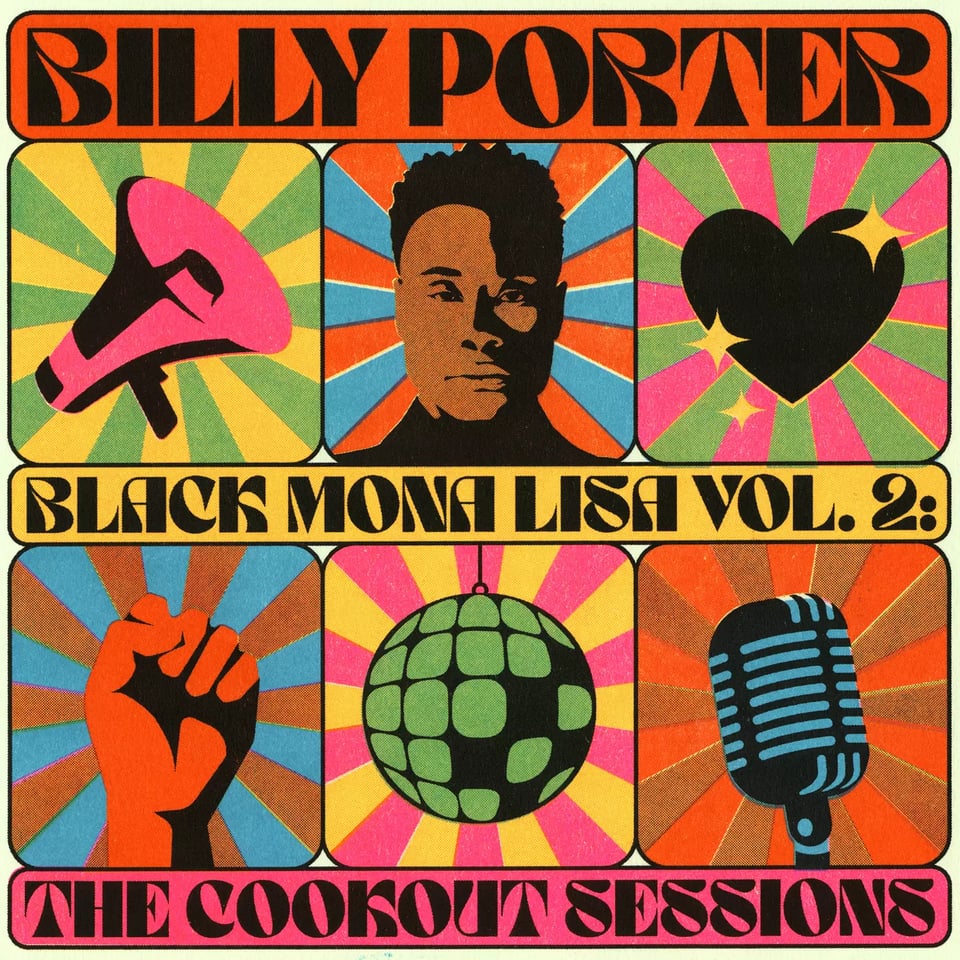San Francisco's Next Election Is a Referendum on Billionaires
Before we get started, hi! This is a free newsletter, but I really appreciate your support as a trans author and organizer. I have a new novel coming out in August 2025 called Lessons in Magic and Disaster. It’s about a witch who’s trying to finish her literature PhD — but then she decides to teach her mother how to do magic, because her mother has been hiding from the world for seven years after some really bad stuff happened. And it’s got a lot of stuff about eighteenth century literature, including the criminally overlooked women authors of the 1740s and 1750s and some righteously flamboyant eighteenth-century queers. You can pre-order it anywhere, or get a signed and personalized copy from Green Apple Books. (Please write personalization request in the “additional information” field at the bottom.)
San Francisco’s Next Election Is a Referendum on Billionaires
I don't write about electoral politics much, mostly because it's not my wheelhouse and I'd rather signal-boost the smart folks who cover it for a living. But as someone who lives in San Francisco and cares a lot about the future of this city, I've been feeling, umm... concerned about the way things are going here. If you live in San Francisco and feel like you would like to make a positive difference in 2024, you absolutely can do letter-writing, phone-banking and other things to help with tight races in other states — but there's also a lot you can do right here in our city to help fight for a better future.
This November's election is an important one in San Francisco, for all kinds of reasons. Tech billionaires and rich investors are pouring ungodly amounts of money into trying to change our city. And if they succeed, it could be bad news down the line for a lot of other cities elsewhere in the United States, and probably elsewhere. Simply put, there's a struggle over who cities are for — and who should feel welcome in them — and it's on all of us to make our voices heard.

For the rest of this newsletter, I'm gonna be linking to other people's reporting and trying to stick as close as possible to facts that have been established elsewhere, because again, this isn't usually my wheelhouse and I don't want to make things worse by editorializing cluelessly
Back in February, Mission Local did a terrific deep dive on the "major players paying out to remake San Francisco." You should really go read the whole thing, but here are the two nutgrafs:
A smörgåsbord of nonprofits and PACs are already spending big in 2024. Some were active during the last election cycle, like GrowSF and TogetherSF Action. Others, like Abundant SF and the Committee to Fix SF Government, are new groups run by some familiar faces.
While the policies and strategies of the groups are all a little different, they are pulling in the same general direction. This constantly evolving coalition is largely unified by a desire for more police funding, harsher penalties for drug crime, more support for housing developers and housing construction, and the concentration of mayoral power. A huge proportion of the network’s cash comes from extremely wealthy tech and real estate donors.
These groups are heavily funded by a handful of extremely rich people, as Mission Local and the Guardian newspaper found. (And here's a great list compiled by SFGate.)
In the past six years, prominent tech and venture capital leaders – including the hedge fund manager William Oberndorf, the billionaire investor Michael Moritz, the cryptocurrency booster Chris Larsen, the PayPal co-founder David Sacks, the Y Combinator CEO, Garry Tan, and the Pantheon CEO, Zachary Rosen – have invested at least $5.7m into reshaping San Francisco’s policies, according to the analysis of public data. Because not all of their donations are publicly disclosed, the sum of their contributions may be far higher. ...
The priorities of these deep-pocketed figures have varied. Oberndorf, the hedge fund manager, had been a long-time charter school advocate and major Republican party donor. Larsen, the crypto investor, has been a strong backer of expanding police ranks and surveillance capabilities. Tan, the Y Combinator CEO, has pushed for business policies favorable to crypto, artificial intelligence and autonomous cars.
Around that same time, a new nonprofit called the Phoenix Project, whose goal is to track "dark money" in San Francisco politics, issued a report called the Phoenix Papers, tracking around $30 million in donations to groups like Neighbors For a Better San Francisco and GrowSF, $16 million of which was "dark money" — meaning that the donors were not disclosed. A substantial amount of this money, the report said, "comes from people who generously fund Republican candidates and right-wing causes."

What have these groups accomplished so far?
A big turning point in my own relationship with the city came when we recalled our progressive district attorney, Chesa Boudin, back in 2022, an effort that received $7 million in funding from groups led by the aforementioned Neighbors For a Better San Francisco according to Open Secrets. I was so strongly opposed to recalling Boudin that I turned one of my final Writers With Drinks events at the Make Out Room into a fundraiser to support Boudin. (Generally, WWD used to raise money for groups like the Trans Life Line, the Women's Cancer Resource Center, and various other queer and charitable organizations.)
According to the ACLU of Northern California, Boudin had done a lot to fix San Francisco's broken criminal justice system, despite also coping with the worst of the covid pandemic during his brief tenure. He had ended cash bail, reduced overcrowding in jails, stopped charging children as adults, and started reviewing flawed convictions from the past. He'd also started prosecuting both police brutality and sexual assaults. And he exposed a widespread practice of the police using DNA from rape kits to identify suspects in unrelated cases. So yeah, I supported him, and I'm still furious that so much money was poured into removing him — which sent a message to would-be reformers all over the country.
Mission Local, in the piece linked above, also tied these billionaire-backed groups to advocating for a redistricting effort that redrew San Francisco's legislative districts, in an attempt to allegedly reduce the voting power of low-income people.
More recently, this past March, these groups flexed their muscles again. According to Mission Local, they unsuccessfully fought to defeat Proposition A, a measure to raise $300 million to build affordable housing which Mayor London Breed supported. Meanwhile, wealthy donors raised $1 million to pass Proposition E, will reduce oversight over the police, allow cops to use surveillance cameras and drones more easily, and expand the situations where the cops can conduct car chases — and more than half of that money was raised by current mayoral candidate Daniel Lurie, according to the SF Chronicle.
And in november's election, says the SF Examiner, wealthy donors have spent over $8 million thus far to pass Proposition D, which would effectively give more power to the city's mayor by reducing the number of independent commissions helping to run the city and giving the mayor power to appoint their heads directly. This proposition would also "give the police chief sole authority to adopt rules governing police-officer conduct," the Examiner writes.
(And a side note: Uber and Lyft are spending a reported $850 million to defeat Proposition L, which would tax rideshares to raise money for public transit in San Francisco.)

San Francisco's current mayor, London Breed, has been pretty supportive of the police, and was originally the tech industry's preferred candidate back in 2018. But Neighbors for a Better San Francisco still endorsed two of her opponents, Mark Farrell and Daniel Lurie, over her in 2024. (And of course, they strongly oppose the progressive candidate, Aaron Peskin. Meanwhile, GrowSF has endorsed opponents to a number of progressive incumbent supervisors, such as Dean Preston and Jackie Fielder.)
Back in April, the New Republic wrote about Balaji Srinivasan, an entrepreneur who is beloved of tech billionaires, and his ideas for changing San Francisco into a "tech-governed" city. In an infamous speech, he suggested that "Grays" (or techies), would get special ID cards that would grant them access to Gray-controlled sectors of the city. And "Blues," or progressives, would be kicked out of large areas of the city, where anti-Blue propaganda films would be screened. According to the New Republic, "The idea... is to do to San Francisco what [Elon] Musk did to Twitter." Seriously, just go read the whole thing. It's pretty intense.
And just a few weeks ago, wealthy techies held a conference in San Francisco called Reboot 2024, featuring a surprise guest speaker: Heritage Foundation president Kevin Roberts, sponsor of the infamous Project 2025. The conference's website says, "Silicon Valley has woken up to politics, recognizes the stakes, and is playing to win."
A while back, Mission Local quoted a local political consultant named Eric Jaye as saying:
You have a group of the wealthiest people on the planet saying that they want to take control of our city. Do these handful of billionaires and tech folks own it, or do we? It’s not more complicated than that.
Music I Love Right Now
Most people probably know Billy Porter from the sorely-missed TV show Pose. (I think way too often about the tragic fact that nothing has come along to replace Pose in the time since it went off the air.) But lately I’ve been listening to a lot of Porter’s music, which is as incredible as you’d expect. I started with The Soul of Richard Rodgers, a collection of R&B-themed versions of the classic Broadway showtunes. But lately I’ve been obsessively listening to his latest releases, Black Mona Lisa and Black Mona Lisa Vol. 2: The Cookout Sessions. These records are a mix of classic old-school R&B and uptempo dance pop, with non-stop uplifting messages about self-worth and social justice. They’ve been giving me so much life and I highly recommend them.
